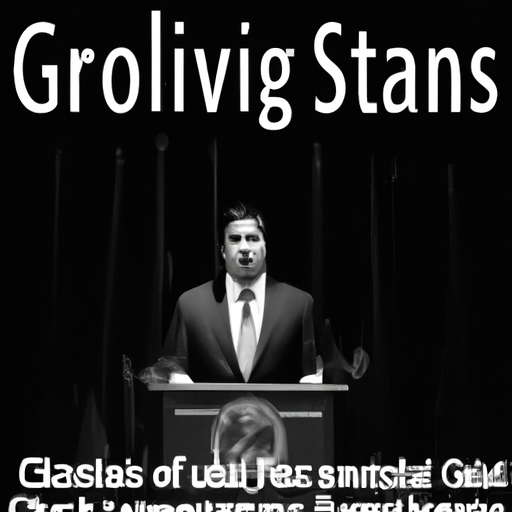Addressing the Canadian Opioid Crisis: Resounding Voices from Queen’s Park
Canada’s battle with the opioid crisis is not new and measures are being fervently pursued to curb this draconian crisis that continues to afflict citizens across the nation. A recent article focuses on the concerns of Sault Ste. Marie Mayor, Christian Provenzano, who brought the bane of opioid deaths to the attention of Queen’s Park.
The Opioid Crisis in Sault Ste. Marie
The rising rate of opioid-related deaths in Sault Ste. Marie is alarmingly relevant, attracting deserved attention from influential figures in political corridors. The Mayor has cited recent statistics, alluding to 23 deaths in Sault Ste. Marie due to opioid overdoses, a figure which marks a considerable increase from recent years. The alarming trend mirrors the national reality wherein Canada witnesses the loss of a life every two hours on account of opioid overdoses.
The Ripple Effects of the Opioid Crisis
The opioid crisis repercussions extend beyond loss of life. Paralleling the crises, the rising rate of homelessness and crime rates are noted. While the homeless population may be perceived as susceptible to opioid misuse given prevailing conditions of despair, it is important to note opioids as a factor exacerbating the homeless crisis. Furthermore, crime rates linked to opioid use and dependency reflected in increased incidences of theft and violence, strain upon local law enforcement and community safety.
Efforts Taken to Combat the Opioid Crisis
The discourse on the opioid crisis was not confined to diagnosing the problem. Mayor Provenzano called for a collaborative response rooted in compassion and understanding. Immediate remedies such as naloxone kits availability and community organizations support were amplified. However, the larger solution pointed at relentlessly fighting the opioid crisis through preemptive and systemic changes, addressing factors that predispose certain segments of the population to substance abuse.
Supporting an Opioid Class Action
Among the diverse solutions proposed to combat the opioid crisis, the Mayor asserted the need to support an opioid class action. Such lawsuits hold pharmaceutical companies accountable for their role in the crisis, potentially channeling resources from settlements towards recovery efforts. This approach complements direct actions such as naloxone kit dissemination and direct support to affected individuals, by aiming at the root cause of the problem.
Key Points Highlighted
- The opioid crisis continues to rage across Canada, with Sault Ste. Marie recording a troubling increase in opioid-related deaths.
- Effects of the opioid crisis are manifold, contributing also to rising homelessness and crime rates.
- Action against the crisis requires both direct intervention such as increased access to naloxone kits and structural measures, including an opioid class action.
Conclusion: Moving Forward in the Face of Crisis
The voices rising from Queen’s Park on the opioid crisis underline a sense of urgency and commitment. As a nation, Canada continues to strive against the pressing issues of opioids, homelessness, and rising crime, with promising dialogues being set in motion. The battle against the opioid crisis continues to gear towards addressing the root causes, while also focusing novel, immediate support methods. The conversation around the opioid crisis is far from over, and the steadfast resolve from offices like Mayor Provenzano’s reveal continuous dedication towards making a difference in this strenuous climate.
